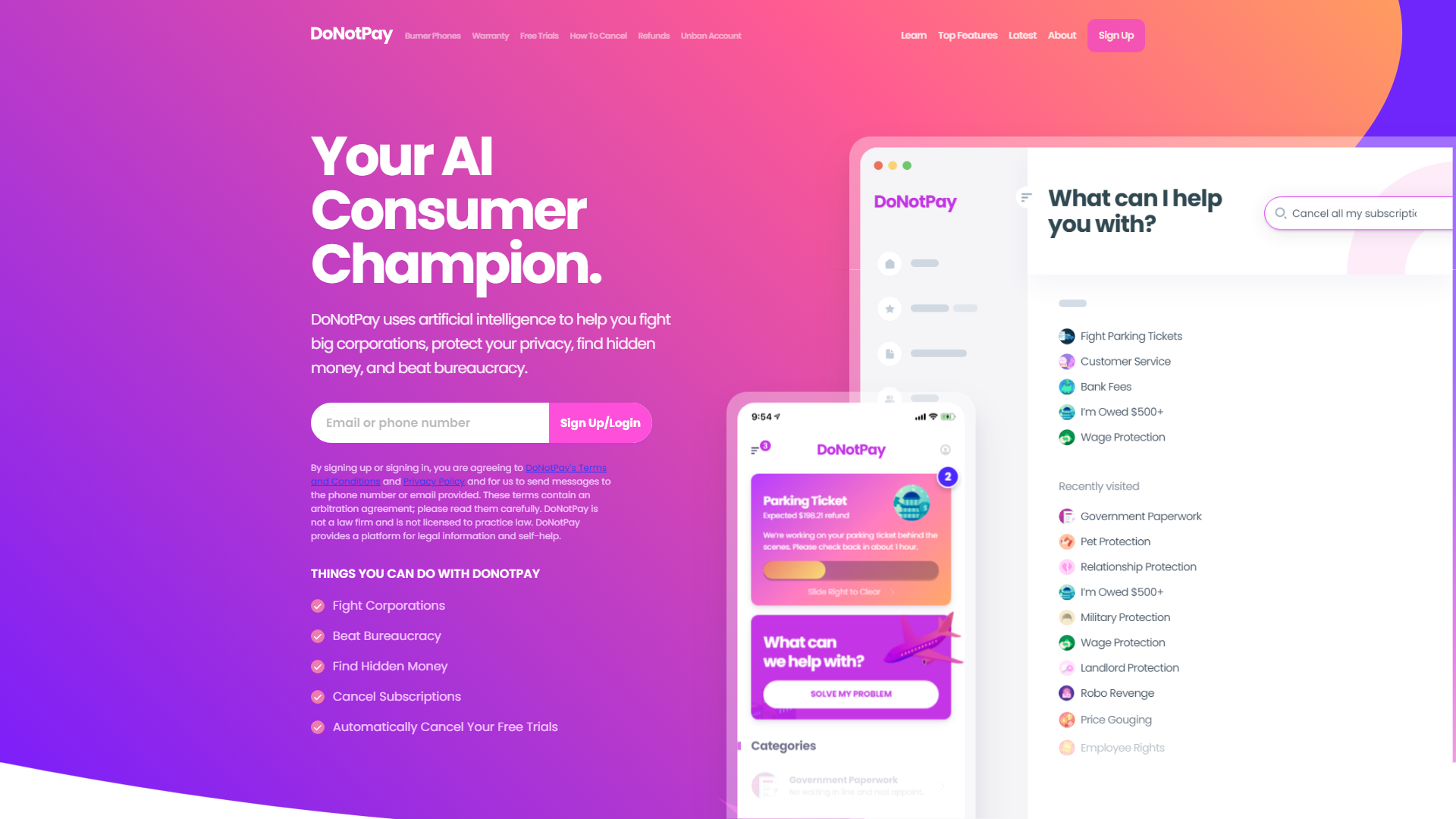The video highlights the potential of Artificial Intelligence (AI) in enhancing access to justice, especially for those who are marginalized or lack the necessary resources. Currently, the justice system’s broken state is not due to a lack of empathy but a shortage of resources, including costly legal assistance and expert counsel. AI can offer solutions to some of these issues, such as automating certain aspects of legal work to create manageable workloads for existing lawyers and reduce costs. Companies like ‘Do Not Pay’ are using AI-powered bots to automate simple legal tasks, providing affordable legal assistance to thousands. However, replacing human lawyers with AI is not yet achievable due to AI’s limitations in understanding complex laws, potential biases, liability issues, and lack of emotional intelligence.
The future of AI in law lies in complementing human legal professionals rather than replacing them. Governments worldwide are already integrating AI technologies into the justice system, including a successful Q&A bot designed to help with legal filings in Los Angeles. The use of AI can greatly contribute to overcoming challenges concerning access to justice, proving beneficial for individuals without any legal help. For example, a voice bot developed by two college students is set to aid hundreds of thousands of illiterate prisoners in India by reading their case information to them. The speaker concludes that although AI cannot replace lawyers or wholly fix the justice system, it can significantly improve equitable justice access worldwide.



